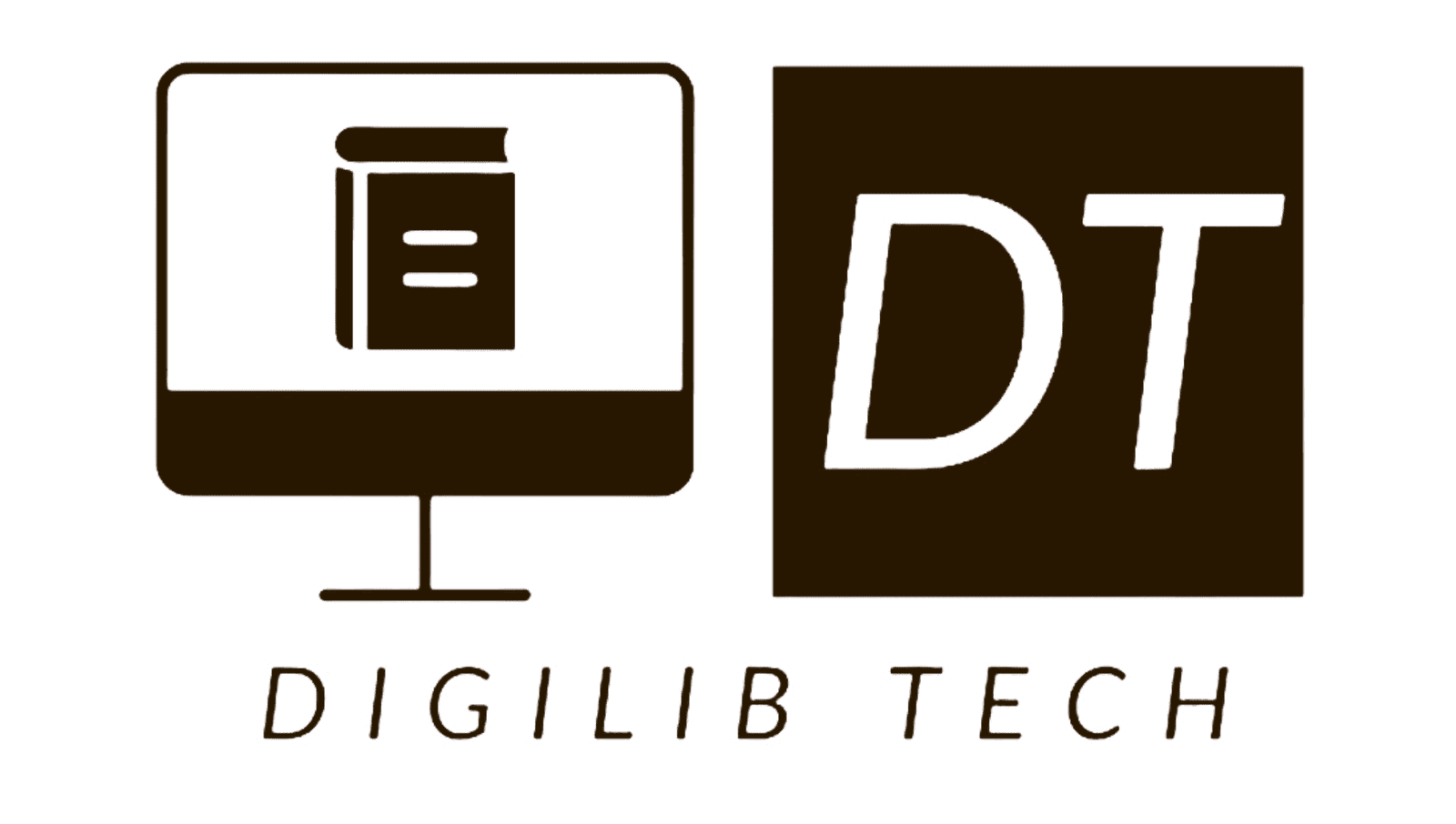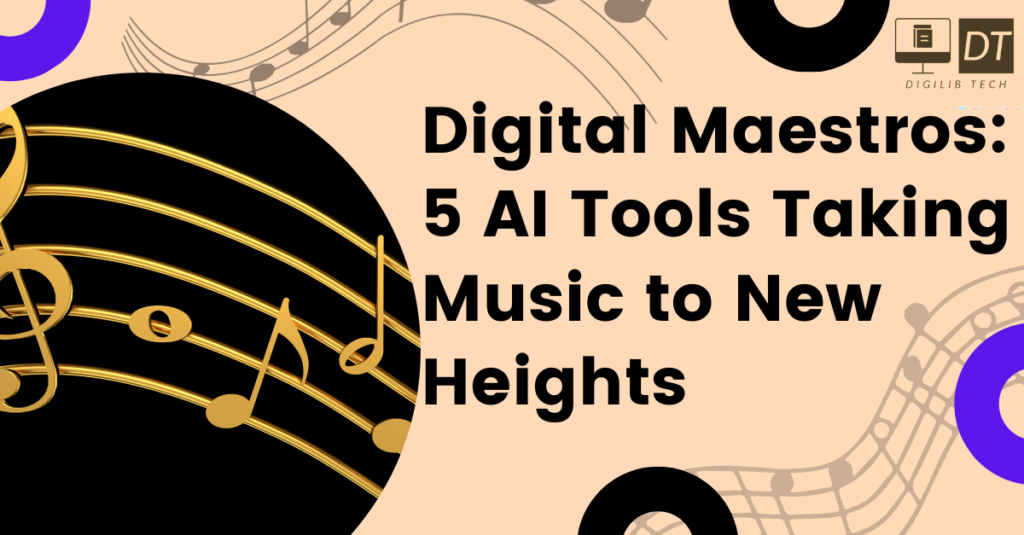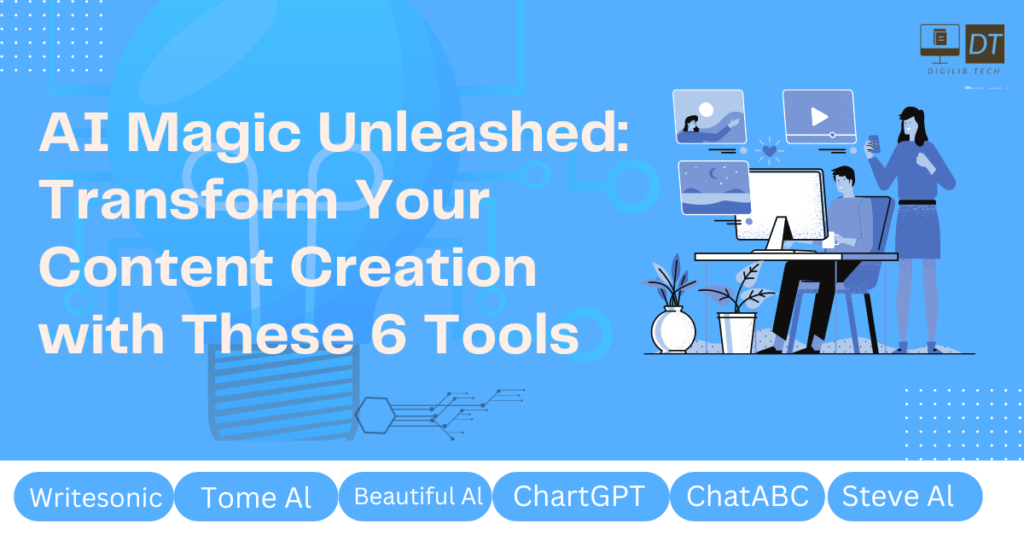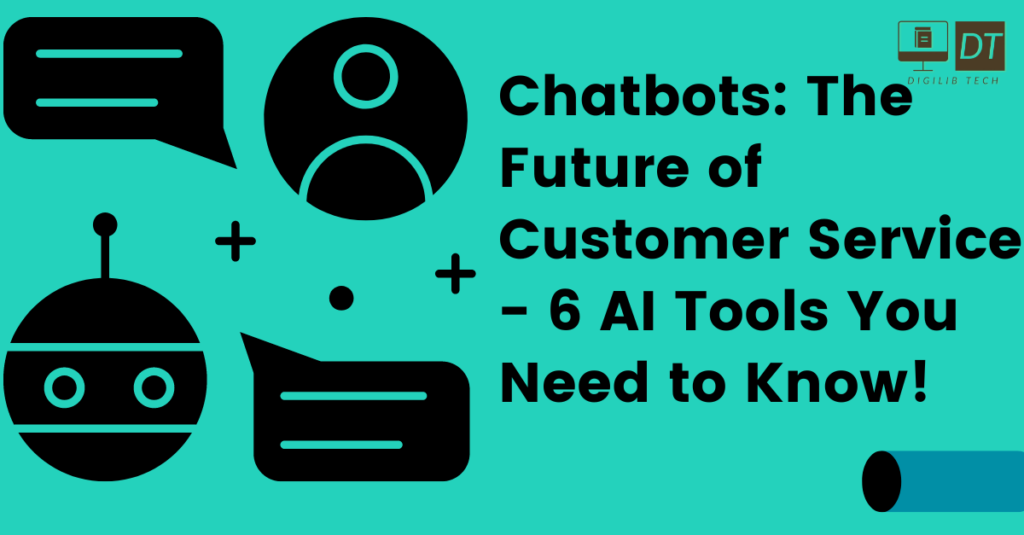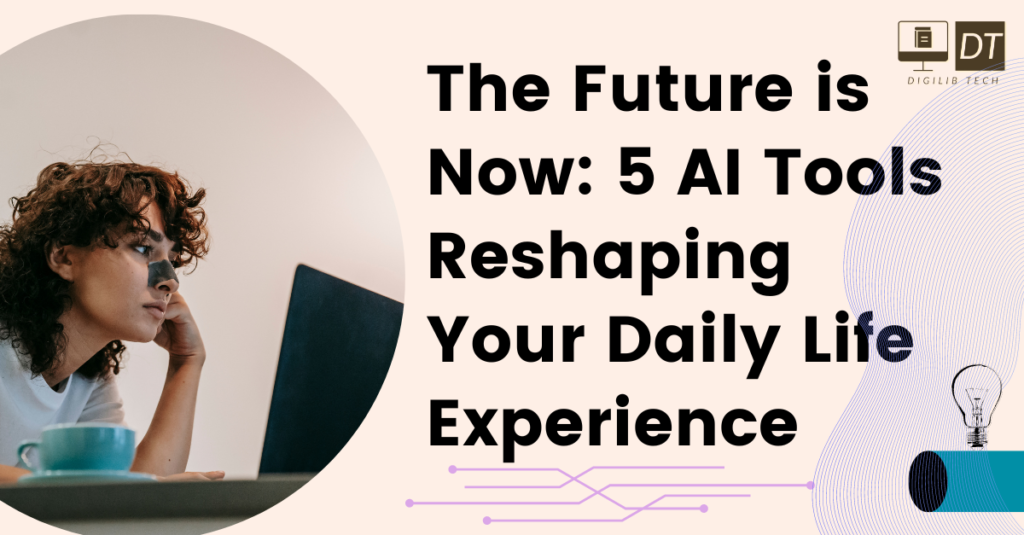Are you passionate about programming and eager to embark on an exciting journey of coding mastery? Are you seeking the perfect launchpad to start your programming adventure without breaking the bank? Look no further! In this blog post, we will unveil the ultimate gateway to your coding dreams – the best free programming learning platforms available on the web.
In today’s fast-paced digital world, learning to code has become an invaluable skill. Whether you aspire to become a software engineer, a web developer, or even a data scientist, understanding programming languages opens up a plethora of opportunities. But with countless online resources available, it’s easy to get overwhelmed and unsure about where to begin.
Learn to code FOR FREE?
Yes. Even better: you can learn to code online for free, that is, from the comfort of your own couch, at your own pace.
The entire process of learning to code has changed. Many traditional, in-person boot camps weren’t an option, but many people took the plunge anyway — learning new skills and languages so they could change careers amid the global crisis. And you can too
Top 10 Programming Platforms for Free
- github.com
- tutsplus.com
- youtube.com
- rapidapi.com
- sololearn.com
- javascript.com
- programiz.com
- codecademy.com
- freecodecamp.org
- developer.mozilla.org
1. github.com
GitHub is an Internet hosting service for software development and version control using GitHub. It provides Git with access control, bug tracking, software feature requests, task management, continuous integration, and distributed wiki version control for each project. Based in California, it has been a subordinate of Microsoft since 2018.
It is frequently used to host open source software development projects. As of January 2023, GitHub reported having 100 million developers and more than 372 million repositories, including at least 28 million public repositories. It is the wide-ranging source code host as of November 2021.

2. tutsplus.com
TutsPlus has undergone many changes over the years, all driven by the mission of connecting aspiring learners and skill seekers, including designers, web developers and hobbyists, with premium educational content. Now, TutsPlus platform is taking this mission to a new level, making every published content free and accessible to everyone. ‘Over the past few years, we’ve expanded our offering of free educational content and in doing so, we’ve been able to help more users learn skills and problem solve than ever before,’ says TutsPlus Manager, Matthew Cox. We have high hopes, which is why removing the paywall makes so much sense.
While some premium Tutsplus content was previously only accessible through a subscription to Envato Elements or a legacy standalone Tutsplus subscription, this update gives everyone visiting the site including signed in users—full access to the entire Tuts+ suite of courses, tutorials, and more.
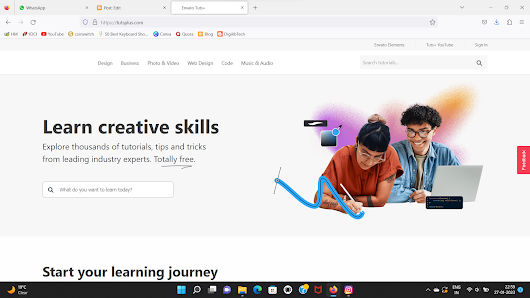
3.youtube.com
The internet is full of resources to learn anything you can think of. However, with such a diversity of resources there is tremendous variation in cost and quality. YouTube is a diverse platform with tons of free courses, but it’s important to know where to look and how to spot the best ones. Learning through pre-recorded videos is not the best solution for all learners, but there is a market for it. These courses are great for those with an intermediate to strong background in coding. You need to be good at self-guided learning or looking for an introductory class rather than something more in-depth. There are so many channels and contented producers on YouTube that we could never cover them all, but here are some top-rated YouTube channels for learning how to code.

4.rapidapi.com
RapidAPI, the world’s largest API hub, is used by more than three million developers to find, test, and connect to thousands of APIs — all with a single API key and dashboard. Find the apis you need for your project, embed the API into your application and track the usage of all your APIs through a single dashboard. If you create an API, use Rapidapi to make it available to the three million developers who already use the Rapidapi Hub.

5.sololearn.com
SoloLearn is a series of free apps that allow users to learn various programming languages and concepts through short lessons, code challenges, and quizzes. Lessons are written with beginners in mind.

6. javascript.com
JavaScript, often abbreviated as JS, is a programming language that, along with HTML and CSS, is one of the world’s core technologies. By 2022, 98% of websites will use JavaScript for client-side webpage behavior, often integrating third-party libraries. All major web browsers have a dedicated JavaScript engine for executing code on user devices.
the first popular web browser with a graphical user interface, was released in 1993. Accessible to non-technical people, it played an important role in the rapid growth of the new World Wide Web. Mosaic’s lead developers later founded Netscape Corporation, which in 1994 released a more polished browser, Netscape Navigator. It quickly became over-used. During these formative years of the web, web pages could be static, not capable of dynamic behavior once the page is loaded in the browser. In the burgeoning web development scene there was a desire to remove this limitation, so in 1995, Netscape decided to add a scripting language to Navigator. To achieve this they followed two paths: collaborating with Sun Micro Systems to embed the Java programming language, and hiring Brendan Eich to embed the Scheme language.

7.prog ramiz.com
Programs Learn to code with there tutorials and examples for beginners. Read communication tutorials and write and test your code to learn programming.
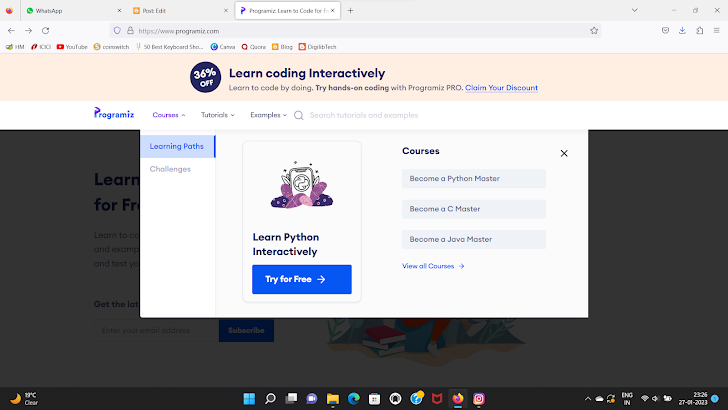
8.codecademy.com
Codecademy is an American online interactive platform that offers free coding classes in 12 different programming languages, including Python, Java, Go, JavaScript, Ruby, SQL, C++, C#, and Swift, as well as HTML markup languages and CSS. The site also give a paid “Pro” option that gives users access to personalized learning plans, quizzes, and realistic projects..

9.freecodecamp.org
FreeCodeCamp, also known as Free Code Camp, is a non-profit organization that provides an interactive learning web platform, online community forum, chat rooms, online publications, and local organizations dedicated to making learning web development accessible to anyone. Beginning with tutorials that introduce students to HTML, CSS, and JavaScript, students progress to project assignments that students complete alone or in pairs. After completing all project tasks, students partner with other nonprofit organizations to build web applications, giving students hands-on development experience.

10. developer.mozilla.org
MDN Web Docs, formerly the Mozilla Developer Network and formerly the Mozilla Developer Center, is a documentation repository and learning resource for web developers. It was launched by Mozilla in 2005 as a unified location for documentation on open web standards, Mozilla’s own projects, and developer guides.
MDN Web Docs content is maintained by Mozilla, Google employees, and volunteers (a community of developers and technical writers). It also includes content contributed by Microsoft, Google, and Samsung, who announced in 2017 that they would discontinue their own documentation projects and move all their documentation to MDN Web Docs. subject cover HTML5, JavaScript, CSS, Web APIs, Django, Node. js, WebExtensions, MathML, and others.
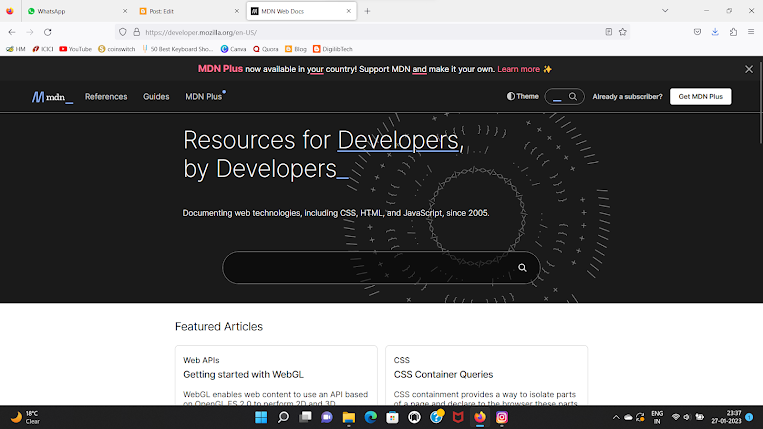
Conclusion
In today’s technology-driven world, programming has become the backbone of innovation and progress. From shaping cutting-edge applications to solving complex real-world challenges, programmers are the architects of tomorrow’s digital landscape.
By equipping yourself with coding skills, you’re not only opening doors to a myriad of exciting career opportunities but also empowering yourself to create, innovate, and leave a lasting impact on society.
The best free programming learning platforms we’ve explored in this blog post are more than just repositories of knowledge.
They are dynamic ecosystems that foster a culture of continuous learning, collaboration, and community support.
